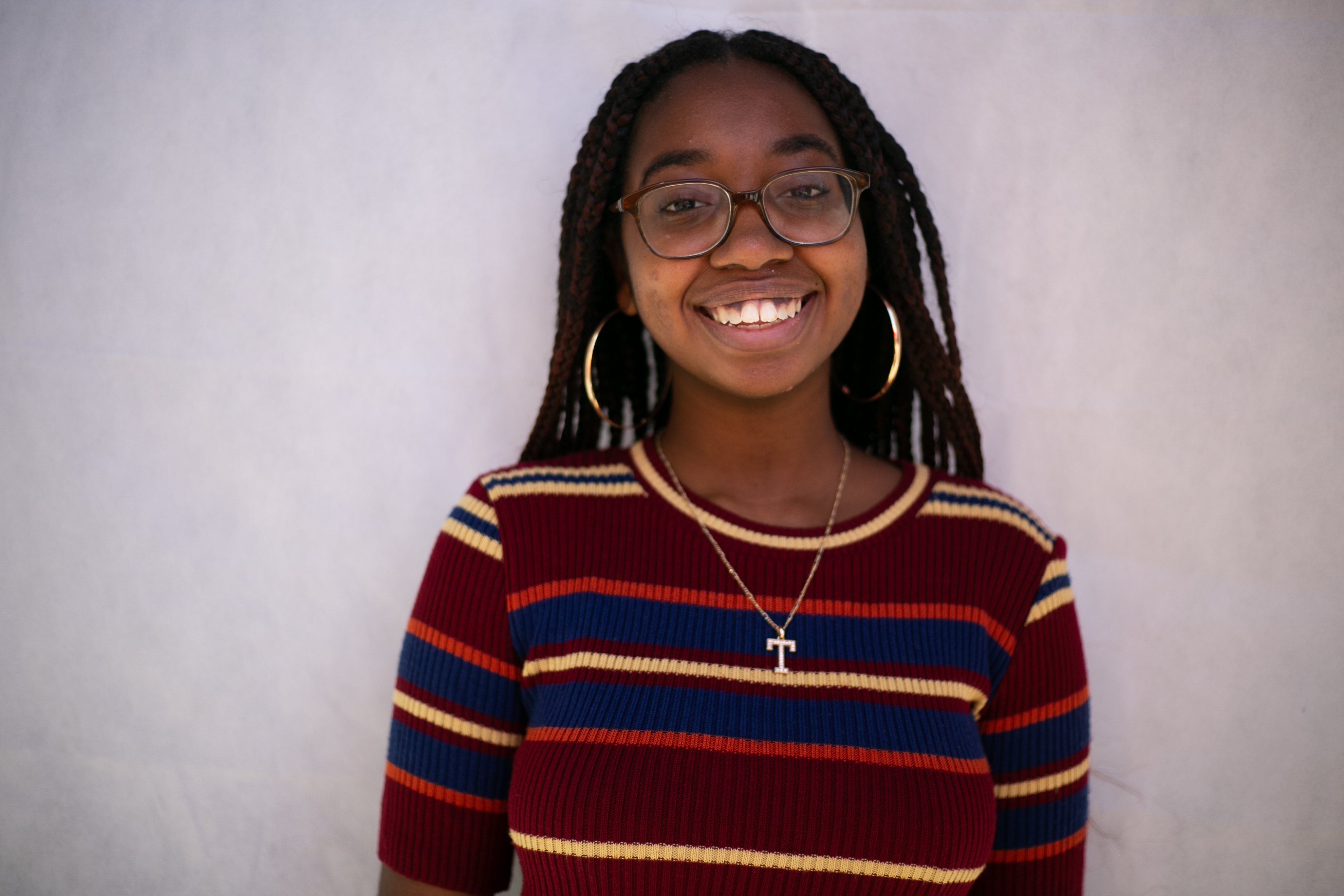Technology continues to assert itself in the classroom. OpenAI’s late 2022 release of ChatGPT — the new, AI-powered chatbot that generates stunningly cogent and lifelike writing by using text to answer prompts in a human-adjacent, straightforward way — is the latest development.
Through the OpenAI website, ChatGPT serves as a vessel for this artificial intelligence model. Based on a user's input request, it can write essays, compose poetry, generate computer code and do other things. However, it cannot browse the internet to update itself, which limits its knowledge of world events occurring after 2021. Because its responses are based on predictive text, it may produce inaccurate, biased or otherwise harmful results.
The new app has sparked controversy among educators. Though the first instinct of many educators, including some district leaders, is to ban ChatGPT for fear of plagiarism, other teachers and researchers insist the AI system could have value for student learning.
New York City Leads the Charge to Ban ChatGPT
According to Chalkbeat New York, New York City’s education department has prohibited network-and-device access to ChatGPT, citing concerns about the accuracy of its content and “negative impacts on student learning.”
The district prefers to limit student access to the app to those specifically studying AI, on a case-by-case basis. Though the official rationale didn’t spell out plagiarism as a concern, it looms large in the minds of educators.
Writing for The Atlantic, private high school teacher Daniel Herman predicted ChatGPT means “the end of high school English.” Herman asserted, “What GPT can produce right now is better than the large majority of writing seen by your average teacher or professor.” Other teachers fear their traditional essay assignments will become irrelevant now that a bot can produce credible answers to common prompts.
The New York Times recently showed writers and educators samples of ChatGPT's writing side by side with writing by human students, and none of them could consistently differentiate the bot from the real thing. (Test your ability to differentiate human writing from bot writing in this interactive feature.)
But OpenAI’s CEO Sam Altman is far more skeptical of his product’s abilities. He tweeted that “ChatGPT is incredibly limited, but good enough at some things to create a misleading impression of greatness,” and that it’s “a mistake to be relying on it for anything important right now.”
Meanwhile, other educators see exciting possibilities in the new technology.
Can ChatGPT Help Students Struggling With Writing?
In the Times article, Stanford Professor Sarah Levine argued that ChatGPT could actually push teachers to raise their game as writing instructors. She and other experts suggest that AI-created texts could serve as models, templates and even initial drafts–all of which students could use to take their writing to the next level.
Once students have made use of these prompts or outlines to write something themselves, the AI algorithms can also review a student’s writing style and provide feedback on grammar, spelling and structure, as well as provide better word usage and advanced vocabulary.
In current K-12 classrooms, teachers have limited time to allow students to revise their writing. The sheer volume of student papers limits the amount of feedback one teacher can provide each writer. ChatGPT could speed up the revision process and make it easier for students to get quick feedback on their work.
TikTok Teachers Use ChatGPT to Plan Lessons
Educator and speaker Tyler Tarver has praised ChatGPT frequently on TikTok, where he reaches more than 144, 000 followers. He demonstrated the bot’s value as a potential source of lesson ideas by asking it to create a social studies lesson plan for middle-schoolers.
In providing an example and asking the bot to create a social studies lesson plan for middle schoolers, Tarver that it provides a step-by-step guide to accompany teachers in their classroom.
Chicago teacher Diego Marin shared with his platform of over 1.5 million that ChatGPT saves teachers a lot of time in their planning. He says this tool saves time by drafting emails to parents, report card remarks, and even writing test questions.
"Technology is never going to replace teachers, but teachers can be so much better when they effectively embrace technology," Longtime classroom teacher Lee Parkinson said. “The potential to this tool is massive.”



